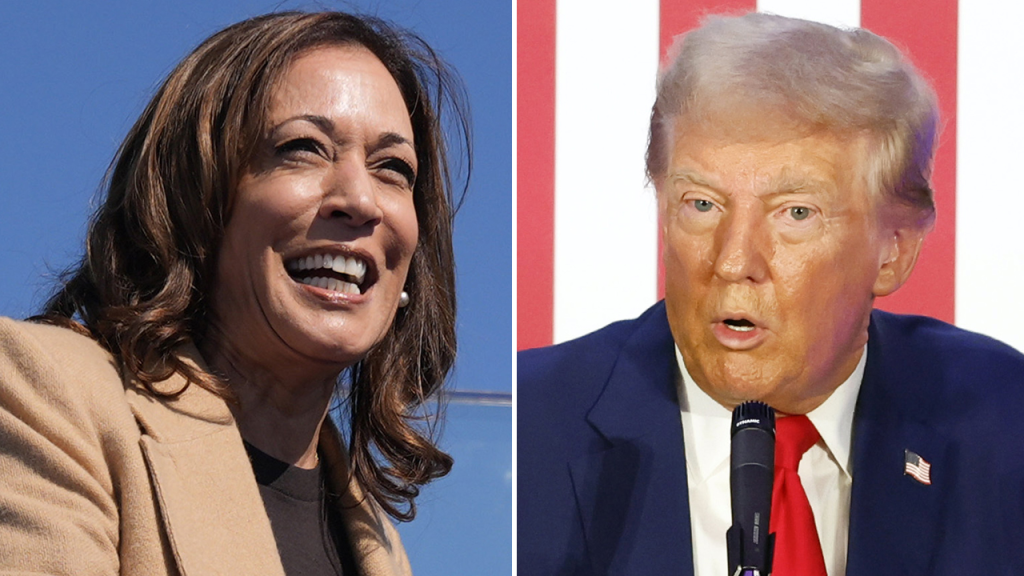In the event of a presidential election where no candidate secures 270 electoral votes, a contingent election is a possibility. This process is governed by Article II, Section 3 of the Constitution and the 12th Amendment and has only been utilized three times in U.S. history. During a contingent election, the House selects the President and the Senate selects the Vice President. Various scenarios could lead to a tied Electoral College, such as the 269-269 scenario, the possibility of disputed electoral votes, or disagreements during the certification process in Congress on January 6th.
During a contingent election, each state delegation receives one vote, regardless of the state’s size or number of representatives. The outcomes of the House delegations are unknown until the new Congress is sworn in. As of now, Republicans hold the majority in 26 state delegations, compared to 22 controlled by Democrats. Some states have an equal number of Democrats and Republicans, with Minnesota and North Carolina split evenly. It is predicted that Republicans will likely maintain their advantage even if Democrats win majority of the House seats.
Several states have the potential to flip to the other party in 2025, which could have significant implications in a contingent election. Alaska, Arizona, Colorado, Maine, Nevada, Minnesota, North Carolina, and Virginia are states to watch for possible changes in party representation in their House delegations. Notably, the outcome of these states could sway the results of a contingent election and impact the overall balance of power in the House.
Despite Democrats’ prospects of gaining control of the House, the party faces challenges in maintaining a majority in state delegations that could influence a contingent election. The tight competition in key battleground states like Alaska, Michigan, Pennsylvania, and Virginia underscores the significance of defending and possibly flipping certain House seats. A Republican majority in crucial states like North Carolina could heavily favor the GOP in the case of a contingent election for President.
The outcome of a contingent election is unpredictable, as exemplified by historical instances where the House chose a candidate different from the Electoral College winner. With little recent experience in conducting a contingent election, the process may lead to unexpected results. The uncertainty surrounding the contingency plan highlights the need for a close examination of potential outcomes and the importance of state delegation composition in determining the next President in a contentious electoral scenario. Ultimately, the upcoming election will play a critical role in shaping the landscape for a possible contingent election.


